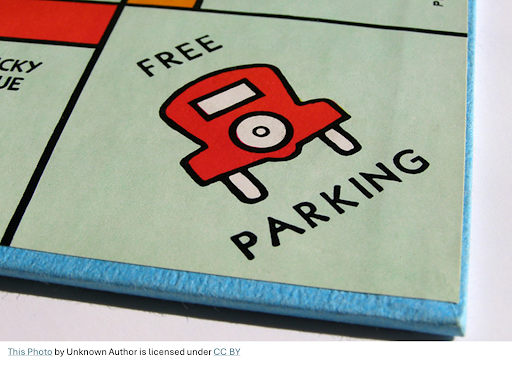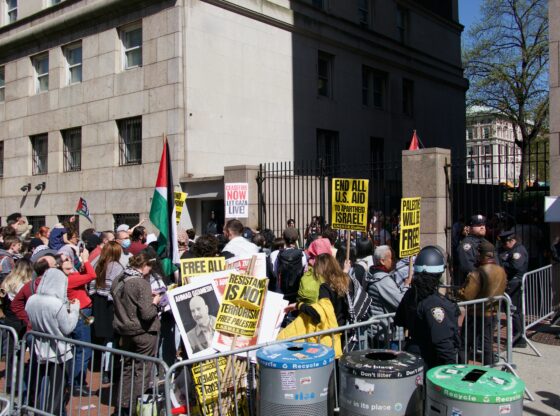Fast fashion is inexpensive clothing produced rapidly by mass-market retailers in response to the latest trends. In this day and age, it is just about everywhere, but especially in bigger cities like Denver. Today, people of all generations enjoy online shopping, finding cheap and cute clothes and having them delivered to their doorstep that week.
So what’s the problem?
In Colorado, 21 billion pounds of textile waste goes into our landfills every single year. Because the material is so cheap, it breaks easily. What do people do with clothes that break?
They throw them away. Either that or the trend is over and the clothing isn’t useful to people anymore. Instead of donating, many people just throw it out, not thinking about the environmental impact. Fibers from these clothes can take hundreds of years to break down. So after years of decomposing, the dyes and chemicals seep out of the clothing and into the soil and groundwater, emitting greenhouse gasses into the atmosphere.
Fast fashion is not only harmful to the environment, it’s unethical as well. Most of these companies hire garment factories located in third-world countries to produce this clothing. These factories do not have acceptable working conditions.
Not only that, but in these factories 75 percent of the garment workers are women. This matters because there is a lot of sexual assault and harassment that happens in these working conditions, and garment workers won’t speak up for fear of losing their job. Not to mention, most garment workers make two to six cents per item they make.
On April 24, 2013, at 8:57 a.m., an eight-story commercial building in Bangladesh, home to a garment factory that employed 5,000 people, collapsed. Massood Reza, the architect, said that it was built for shops, not factories. The day before the collapse, a TV channel recorded footage of cracks in the Rana Plaza building. Shops and banks on the upper level were evacuated, but garment workers were required to return to work the next day; 1,134 garment workers left for work that next morning and never returned.
After the collapse, several protocols went into play. About 250 companies signed two initiatives: the Accord of Fire and Building Safety, and the less constraining Alliance for Bangladesh worker safety. Sadly, there were still hundreds of other factories that experienced no positive change. Brands like Tommy Hilfiger, Best Seller, Primark and H&M did not sign the accord and continue the discrimination against garment workers. This is just one example of the injustice garment workers face through working for fast fashion brands.
So what can we do at the University of Denver to stop supporting fast fashion brands? The simple solution is to thrift! For many college students who don’t have the funds to buy high-end sustainable and ethical clothing, shopping second-hand is the way to go.
Thrifting is not only good for the environment, economy and social aspects of fashion, but it’s fun too. “I thrift because I feel that it is the most eco-friendly and ethical way to shop for clothes these days, and every time I thrift I feel like I’m going on a treasure hunt. Each piece is unique,” said Lizzy Hoffman, a freshman here at DU.
Some people may argue that thrift stores are not inclusive, and it’s hard to find exactly what you want, rather than just going online and searching “cute pink tops.” If this is your mindset, try using apps such as Depop, Poshmark and eBay. That way, you can specify what you want, but you are still buying second-hand, therefore not supporting fast fashion brands.
If this article has inspired you to stop scrolling through Shein’s website and thrift instead, here are a few places in the area that might have the perfect outfit for you.
The Arc – Located on Broadway, the Arc is always filled with racks of cool clothing and accessories. By the way, they also have a Halloween section!
Goodwill Outlet World – If you’ve never been to the bins, you’re missing out. It’s about a 12-minute drive from campus, but it’s totally worth it.
Regal Vintage – Unassuming storefront with an eclectic selection of used & vintage clothing, jewelry and more.
Show Pony Vintage – Located right on University Blvd., go with friends and find some new gems to add to the wardrobe.
Be sure to stay tuned for more articles on fast fashion, its impact on our people and planet, and how to be fast fashion free!











